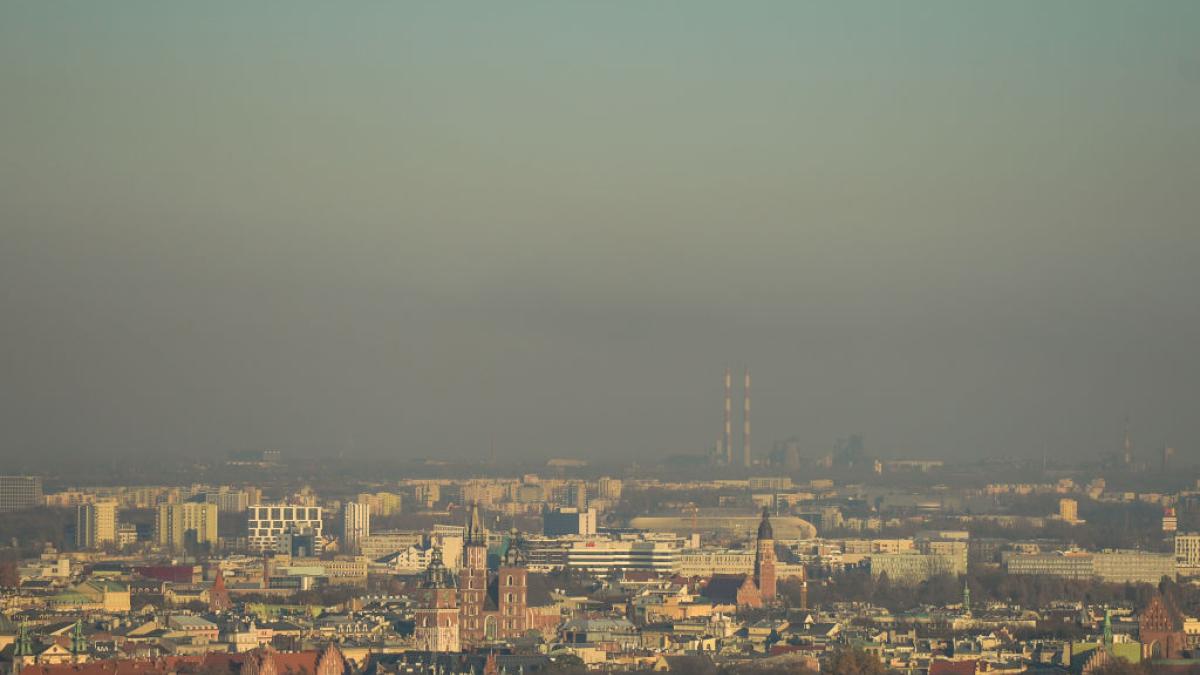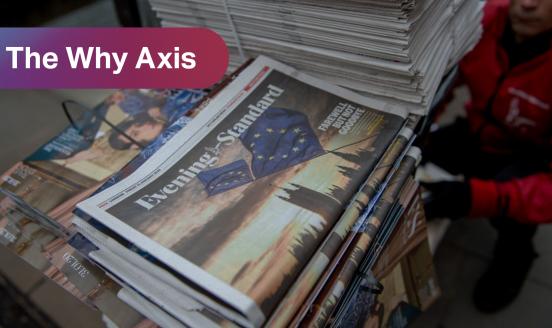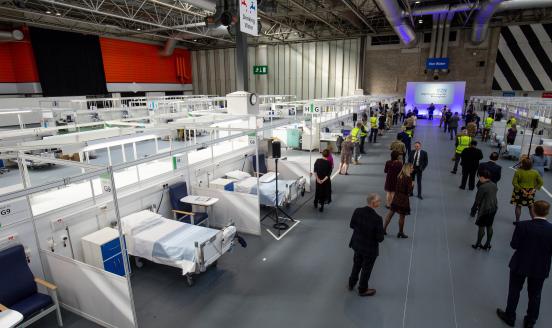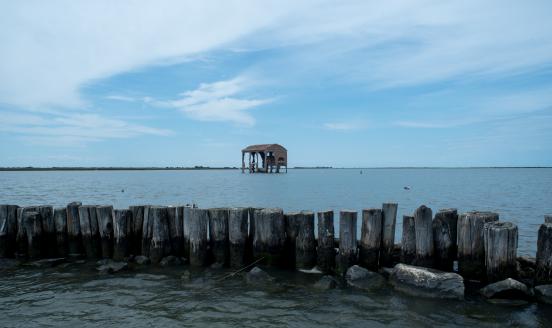EU air quality agreement sends a positive signal but leaves loopholes
Implementation of tighter EU air quality standards will need careful monitoring in case of circumvention

The European Union agreed on 20 February 2024 on an update to its air quality rules, a step towards its aim of zero air pollution by 2050. Under the agreement, air quality standards will be tightened, getting closer to, though not yet aligned with, World Health Organisation recommendations. The revision is a step towards a healthier Europe but there are caveats that need to be addressed to ensure its success.
Revising the EU’s outdated air-quality standards is urgent for five reasons. First, air pollution remains the greatest environmental threat to health and a leading cause of chronic diseases, including stroke, cancer and diabetes. About 300,000 deaths are attributed each year to air pollution –equal to more than half of the mortality attributed to COVID-19 from 2020 to 2021– along with billions in losses from missed workdays and healthcare costs.
Second, a shift towards clean air is both feasible and compatible with economic activity. The EU has plenty of instruments to address the issue, along with dedicated funds, and including other policies covering environment, energy, transport, agriculture, industry, and research and innovation.
Third, air pollution disproportionately affects vulnerable groups, including children and the elderly, people with pre-existing conditions and the socioeconomically disadvantaged. Ensuring air quality is thus central to reducing health inequality.
Fourth, polluted air harms forests, ecosystems and crops, significantly affecting biodiversity and the services it delivers. Last, while air quality is mainly a local issue – unlike CO2 emissions, for example – air pollutants do move across borders. The transboundary aspect of air pollution requires a coordinated response to avoid tension between EU countries.
The 20 February agreement emphasises access to information and justice, increased monitoring, and the creation of air quality plans and roadmaps. Air quality standards will be based on scientific findings, and will be applied uniformly.
For particulate matter and nitrogen dioxide, for example – the two pollutants with the greatest documented impacts on health – EU annual limit values will be more than halved from a yearly average of 25 microgrammes per cubic metre (µg/m³) to 10 µg/m³, and from 40 µg/m³ to 20 µg/m³, respectively. While these are still double the WHO recommended values, they nevertheless represent a major improvement to protect health.
Importantly, the standards will be transparent and comparable across the EU, and citizens will be informed about symptoms and health risks associated with air pollution – both during pollution peaks, and on average. Citizens will also be able to claim compensation when their health has been damaged resulting from deliberate or negligent breaches of the standards.
Finally, the update requires lagging EU countries to create air-quality plans containing measures to correct the trajectory. All countries must create air-quality roadmaps by 2028 that set out short-term emergency measures (such as limiting traffic or suspending construction works) to reduce the immediate risk in areas where air pollution thresholds are exceeded, and long-term strategies to ensure future compliance. Overall, the agreement is coherent and ambitious.
However, it also allows countries and regions with “specific circumstances” to postpone compliance with the air quality standards. Justifications for such postponements should be based on sound analysis – for example, objective climatic conditions and landscape features that make achieving air quality standards harder.
But some ‘special circumstances’ could be open to interpretation. A notable example is that EU countries can request postponement until 2040 of the deadline for attaining the air quality limits for areas where the thresholds can only be met by significantly modifying current domestic heating.
While such exceptions were pivotal to seal the agreement before the European elections, they raise two significant risks. First systematic postponements will prolong Europe’s pollution divide between Western Europe and eastern countries, which tend to be more severely affected by air pollution. Postponements in one country will also hinder the ability of neighbours to comply. Instead, the EU could provide tailored economic support to help lagging countries transition to clean technologies more rapidly – for example, by improving heating systems, agricultural practices and industrial processes.
Second, any country not on track to comply with the standards by 2030 may put forward some “specific circumstances” to justify their slow progress, even when it is due to insufficient action. If cleaner air is wanted for all Europeans – which according to opinion surveys most Europeans want – such specific circumstances need to be managed very carefully. In highly polluted areas, action is even more urgent, so instead of postponements there should be clear prioritisation.
The revision of the air quality standards is a strong signal of EU determination to ensure environmental protection. But ensuring adequate implementation will be a long battle. Effective mechanisms will be needed so that countries do not circumvent the rules, and the burden of air pollution can be lifted as soon as possible.
We gratefully acknowledge the financial support from the Clean Air Fund for this research workstream.



